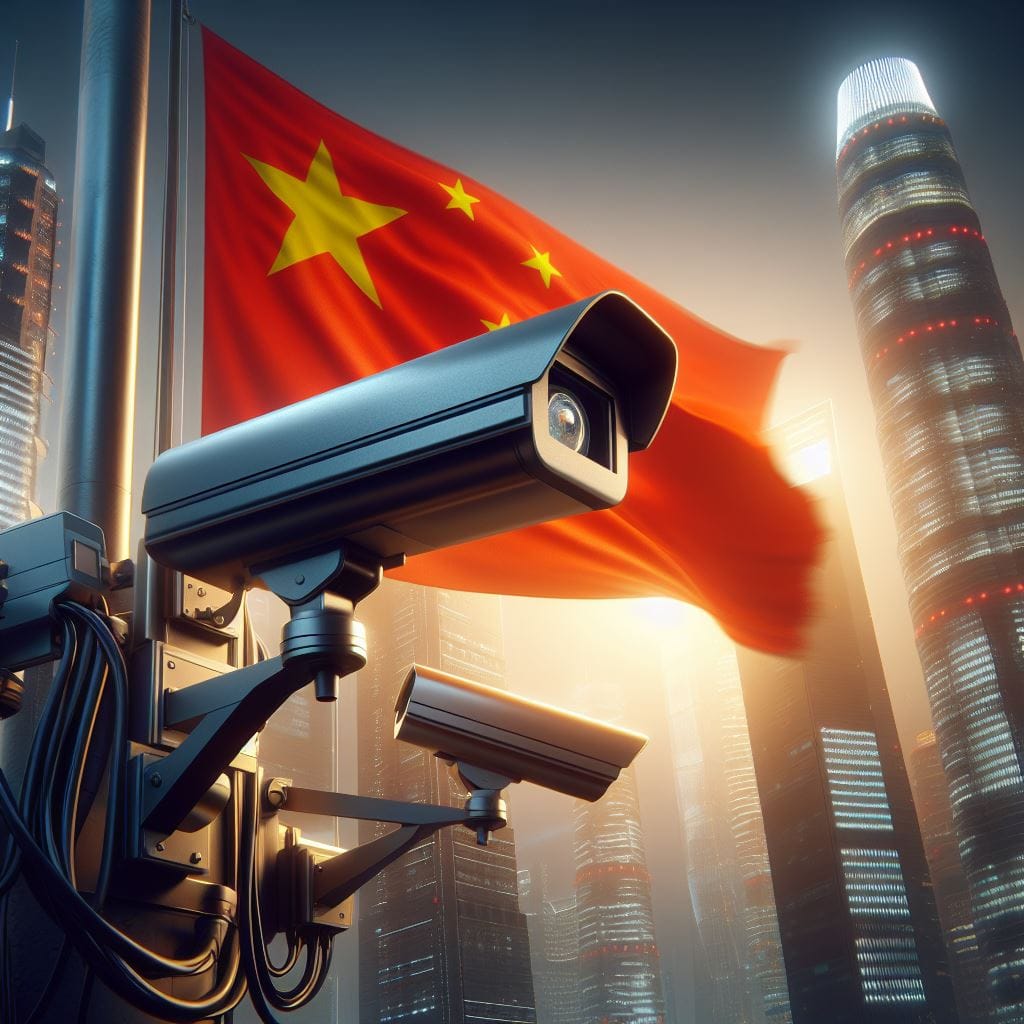China Implements 24/7 Monitoring on Government-Funded Projects Amid Property Market Crisis

In a bid to ensure transparency and accountability in the use of public funds amid a crisis in its property market, China has introduced stringent monitoring measures on government-funded projects. Effective this month, Chinese developers who have received at least 30 million yuan ($4.2 million) in government funding are required to install surveillance equipment, including cameras, drones, or satellite devices, to monitor projects around the clock.
The National Development and Reform Commission (NDRC) announced the measures in January, stating their aim to regulate project implementation and funding utilization. The move is seen as part of broader efforts to support the beleaguered property industry, which plays a crucial role in China's economy.
The Chinese government has faced challenges in the past, with developers diverting allocated funds for personal use or to address financial issues unrelated to the intended projects. China's extensive surveillance infrastructure, including artificial intelligence and facial recognition technology, plays a role in implementing these measures.
The recent court-ordered liquidation of debt-laden developer Evergrande underscores the severe challenges facing China's property market. The industry, which accounts for about a quarter of the nation's economy, has struggled since the introduction of borrowing controls in 2020. The government's efforts to stabilize the sector include offering more bailout loans to developers, urging banks to continue lending, and making significant cuts to mandatory reserves for banks.
Despite these measures, troubles in the property sector have led to incomplete projects and millions of vacant units, impacting homebuyers and potentially affecting economic growth. Beijing aims to address public concerns and stabilize the market, recognizing the significance of housing in maintaining social stability.



